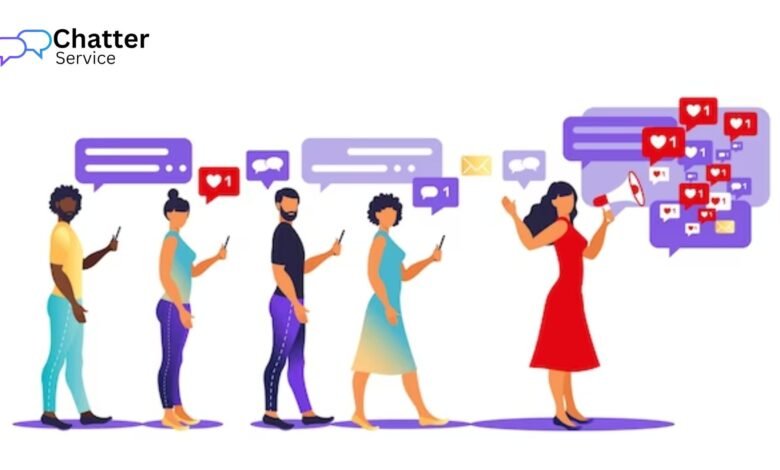
In today’s rapidly evolving digital landscape, the integration of Artificial Intelligence (AI) into various facets of business operations is revolutionizing traditional approaches. One significant area witnessing this transformative shift is employee engagement. Role of AI in employee engagement technologies are reshaping workplace dynamics, offering innovative solutions to enhance employee satisfaction, productivity, and overall organizational success.
Historically, employee engagement initiatives relied heavily on manual processes and subjective assessments. However, AI introduces a paradigm shift by leveraging advanced algorithms and data analytics to provide actionable insights into workforce behavior and sentiments. This essay explores the profound impact of AI on employee engagement strategies, highlighting its benefits, challenges, and future implications.
AI-driven employee engagement tools encompass a wide range of applications, from sentiment analysis and predictive analytics to personalized learning and development platforms. One notable example is AI-powered chatbots, which serve as virtual assistants capable of answering employee queries, providing feedback, and delivering personalized training modules. These chatbots enhance accessibility, efficiency, and scalability, enabling organizations to engage with employees in real-time across various channels.
Furthermore, AI facilitates sentiment analysis of employee feedback gathered through surveys, emails, or social media platforms. By analyzing language patterns and sentiment indicators, AI algorithms can identify underlying themes, concerns, and areas requiring attention. This data-driven approach enables HR professionals to proactively address issues, foster a culture of open communication, and strengthen employee morale.
Predictive analytics is another valuable AI tool transforming employee engagement strategies. By analyzing historical data and identifying patterns, predictive models can anticipate workforce trends, turnover risks, and potential areas of disengagement. Armed with this foresight, organizations can implement targeted interventions, such as skill development programs, leadership coaching, or performance incentives, to mitigate risks and enhance employee retention.
Moreover, AI enables the customization of learning and development initiatives based on individual employee preferences, competencies, and career aspirations. Adaptive learning platforms utilize AI algorithms to curate personalized learning paths, recommend relevant resources, and track progress in real-time. This tailored approach not only enhances employee skills and performance but also fosters a sense of empowerment and professional growth.
Despite the numerous benefits, integrating AI into employee engagement strategies presents certain challenges and ethical considerations. Privacy concerns, data security risks, and algorithmic biases are among the primary apprehensions associated with AI adoption. Organizations must prioritize transparency, accountability, and ethical AI practices to build trust and ensure the responsible use of employee data.
Additionally, there is a risk of overreliance on AI-driven solutions, potentially diminishing human interaction and empathy in the workplace. While AI can automate routine tasks and streamline processes, human touch remains indispensable in fostering genuine connections, understanding complex emotions, and resolving interpersonal conflicts. Thus, it is crucial to strike a balance between technological innovation and human-centric approaches to employee engagement.
Looking ahead, the future of AI in employee engagement holds immense promise, fueled by advancements in machine learning, natural language processing, and affective computing. Emotionally intelligent AI systems capable of understanding and responding to human emotions are poised to revolutionize employee interactions, feedback mechanisms, and performance evaluations. These empathetic AI assistants can provide personalized support, offer empathetic responses, and facilitate meaningful connections, enhancing employee well-being and satisfaction.
Furthermore, AI-driven insights will enable organizations to adopt proactive strategies for fostering a positive work culture, enhancing diversity and inclusion, and promoting employee wellness. By leveraging AI to identify systemic barriers, unconscious biases, and areas of inequality, organizations can implement targeted interventions to create more inclusive and equitable workplaces.
In conclusion, AI represents a paradigm shift in employee engagement, offering transformative solutions to navigate the complexities of modern workplace dynamics. From AI-powered chatbots and sentiment analysis to predictive analytics and personalized learning, these innovative tools empower organizations to better understand, support, and empower their workforce. However, the ethical use of AI, human-centric design, and ongoing collaboration between humans and machines are essential to harnessing the full potential of AI in fostering a thriving and engaged workforce in the digital age.


